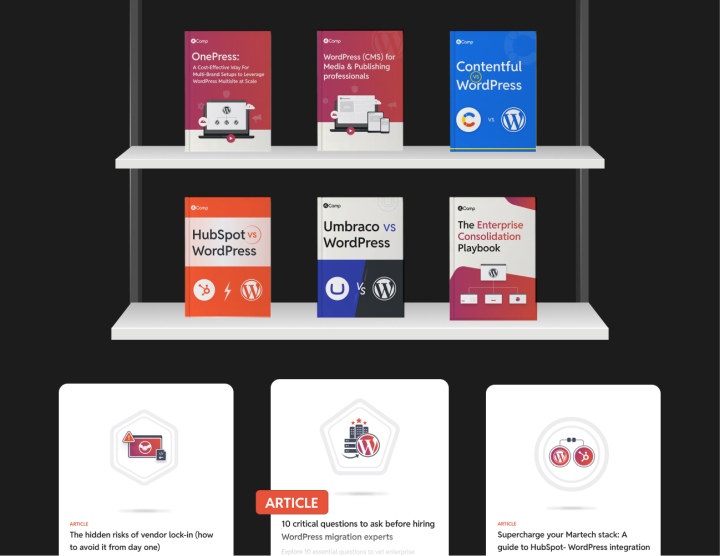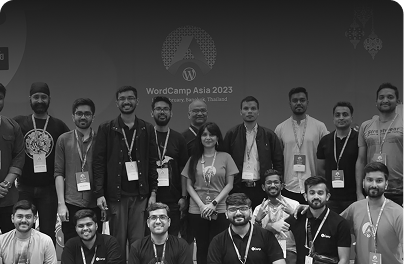When to choose custom blocks over core blocks?
Core blocks in WordPress are a fantastic foundation for most projects, but sometimes you need a little extra flexibility. That’s where custom blocks come in. They allow you to build specific features, match design needs, and handle more complex data, all while keeping the editing experience smooth and user-friendly.
When You Need Unique Functionality
Core blocks are designed to cover a wide range of use cases, but custom blocks let you add unique features tailored to your project’s needs.
Example: Custom Portfolio Block with Filters
Let’s say you’re creating a portfolio for an artist, and you want visitors to filter projects by categories like “Paintings,” “Sculptures,” or “Photography.” You could create a custom Portfolio block that includes these filters, and with AJAX (which loads content without reloading the page), you can display each category smoothly.
For Brand-Specific Design Needs
Every brand is different, and custom blocks let you easily match specific design requirements without needing any extra coding.
Example: Custom Call-to-Action (CTA) Block
Imagine your client has a very specific design for their CTA buttons—maybe a certain font, custom hover animations, and icons for social media. With a custom CTA block, content creators can add these branded buttons in just a few clicks, using the Block Editor. No need to manually tweak CSS—the block takes care of the design, keeping the branding consistent.
Handling Complex Data
Sometimes projects require more advanced data handling than standard blocks can offer. Custom blocks make it easier to work with structured data in WordPress, like pulling in custom post types or dynamic content from the database.
Example: Custom Event Listing Block
Picture an event website where each event has details like start time, venue, and registration links. Instead of manually adding these with individual blocks, a custom Event Listing block can pull this data directly from the database, displaying it consistently across the site. This simplifies the process for content creators and ensures everything looks uniform.
Custom blocks give you the flexibility to build exactly what you need in WordPress, making it easier for non-technical users to create and manage content while still delivering a polished, professional experience.







